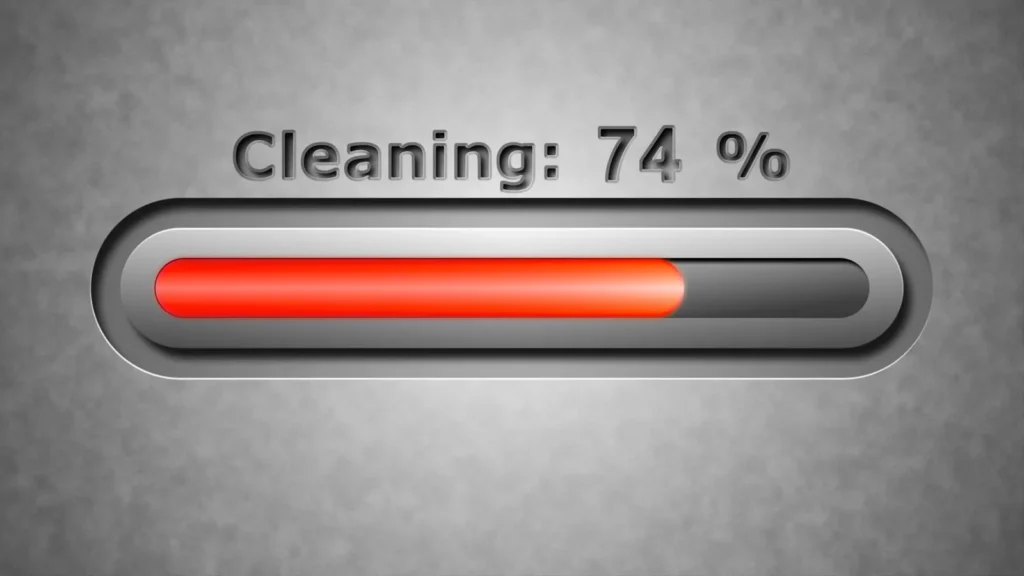
Deleting Your 23andMe Account? Some Data Could Still Be Sold
When you delete your 23andMe account, it’s natural to assume that all your genetic information will be erased. Unfortunately, this is not entirely the case. Despite deleting your account, 23andMe may still retain limited information related to your account and data deletion request. This includes your email address, account deletion request identifier, communications related to inquiries or complaints, and legal agreements for a limited period of time as required by law, contractual obligations, and/or as necessary for the establishment, exercise or defense of legal claims and for audit and compliance purposes.
But what about your genetic data? It’s not as straightforward. Even if you delete your account, 23andMe may still retain de-identified genetic information, which can be linked back to identifiable individuals or communities without proper measures in place to prevent re-identification. This raises significant concerns around community privacy and individual autonomy.
The legal landscape is equally concerning. The law often lags behind technology, leaving a gap between what is legally required and the actual level of protection afforded to consumers. In the absence of meaningful regulations, companies like 23andMe are incentivized to make flimsy promises about data security, only to abandon them when it suits their interests.
As Dr. Tsosie emphasized in her Ted Talk, “Our DNA Is Not Our Identity,” Indigeneity and tribal affiliation are not defined by DNA. However, de-identified genetic information can be used to infer an individual’s race or ethnicity, which raises serious privacy concerns for marginalized communities.
Researchers warn that even if data is de-identified, it can still be linked back to individuals through the “mosaic effect” – the accumulation of various digital footprints and patterns online. With advanced AI capabilities, this becomes a trivial task.
The burden falls on consumers to stay informed about these risks and ensure they have control over their genetic information. While deleting your account is not enough, there are steps you can take to protect your privacy.
For now, it’s crucial to recognize that even deleted accounts may still be connected to an individual or community without consent. As Dr. Simms emphasized, “It’s about data ethics. At what point is it okay for a CEO to make a bid for a company whose data they failed to protect in the first place?”
Source: https://www.forbes.com/sites/abigaildubiniecki/2025/03/31/deleting-your-23andme-account-some-data-could-still-be-sold/


